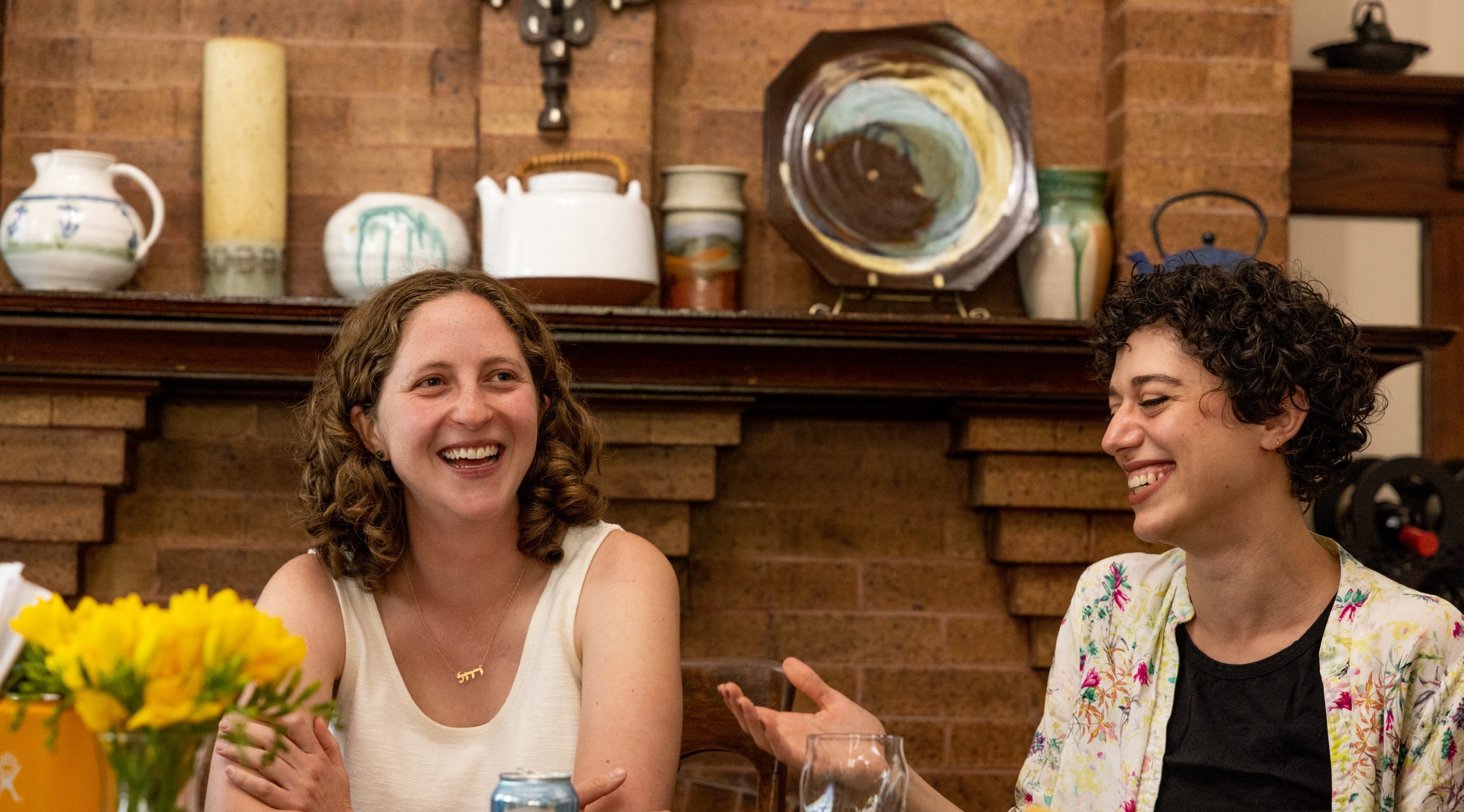As Psalm 94 so succinctly puts it: God knows that human plans are futile. Instead of spending this week learning with Art Green and other teachers on retreat, we came back home to witness the overwhelming destruction swept in by the hurricane. I and the other Institute staff were very, very lucky; we experienced very little of the direct fury of the storm and a great deal of concern and love from so many people from all over the world.
In the midst of the tremendous losses all around, I am noticing the role of waiting. Beginning on Shabbat afternoon before the storm, there was a eerie stillness all around. The air felt heavy, foreboding. I came back to the city on Sunday and had to stock up on food and emergency supplies since I had not expected to be home. The line at the grocery store snaked all around the entire building. The anxiety was palpable, even though it was more than 24 hours before the storm arrived. The stores closed and we all went home to wait.
And now that the winds and rain have stopped, we are still waiting: waiting for the trains to start again, waiting for the roads to be cleared and for airports, schools and businesses to reopen. Some are waiting for electricity and water to be restored and to get back into their damaged homes. There will be waiting for insurance companies and rebuilding.
And there will be waiting for the terrible pain of grief to subside. This must be the most difficult waiting of all.
In his book, “Sailing Home,” Norman Fischer writes, “We all know a crisis when we see it. … But after the dust of frenzied activity settles, and we are finally able to feel our way into what we have been through, we realize just how unhinged we have become. We can’t go back to business as usual, for we sense that we no longer fit into our former life. We need a new life. But we don’t know how to find it. There is nothing else to do right now but stay where we are and wait.”
Sometimes waiting is not simply passivity or wasting time. Sometimes, even though it is frustrating, painful or anxiety-producing, it just takes time to let the things we have experienced work their way through our souls. Waiting too can be holy work.
Of course, there are things to do while we are waiting: reaching out to loved ones and neighbors, contributing money and effort towards taking care of those in need and rebuilding, not to mention voting next week and thinking again about climate change. But those are all human plans. We have an opportunity to remember that sometimes the deep transformation can begin to emerge not from impulsive action, but rather precisely from the slow, difficult work of waiting.


